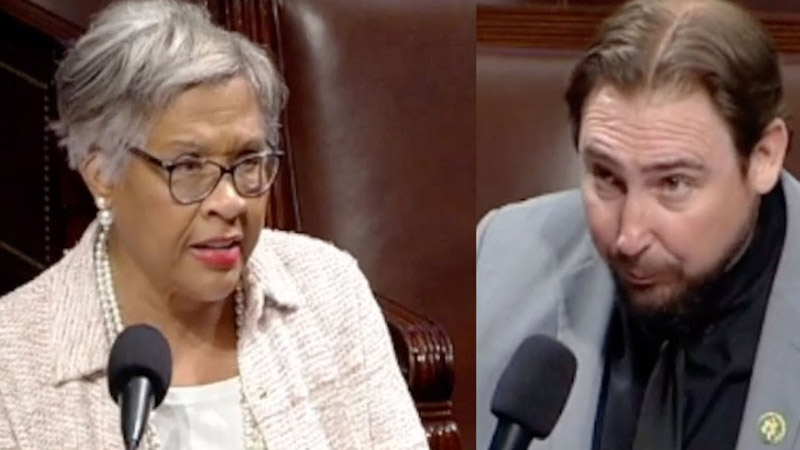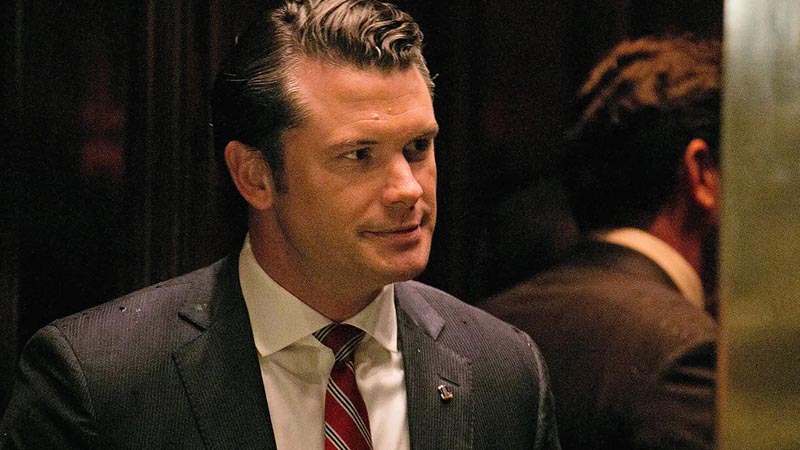Why Is ‘Colored People’ Racist but ‘People of Color’ Is Liberal and Loving?

Forbes Breaking News/Youtube
Conscientious news readers might remember a minor controversy a few weeks ago when Rep. Eli Crane (R-Ariz.) used the term “color people” on the House floor while discussing an amendment to this year’s National Defense Authorization Act.
“My amendment is not about whether colored people, Black people, or anyone else can serve,” Crane stated. “It’s not about any of that.”
The incident was reported by PJ Media’s Robert Spencer.
Here’s the video of the alleged hate crime:
Interestingly, Crane’s proposed amendment sought to prohibit the Department of Defense from using race as a factor in recruitment, promotion, or retention decisions, effectively outlawing racial discrimination. Crane asserted, “You can keep playing with diversity, equity, and inclusion. But there are real threats out there. And if we keep fiddling and lowering our standards, the consequences won’t be favorable.”
Via NBC News:
Immediately after Crane finished his remarks, Rep. Joyce Beatty, D-Ohio, asked that the derogatory phrase he used be stricken from the record.
“I find it offensive and very inappropriate,” said Beatty, who was the chair of the Congressional Black Caucus in the previous Congress. “I am asking for unanimous consent to take down the words of referring to me or any of my colleagues as colored people.”
Crane interjected with a request to amend his comments to “people of color.” Beatty insisted, however, that the words be stricken from the record. They were removed by unanimous consent.
However, the non-discriminatory nature of Crane’s comments did not prevent an immediate backlash from his fellow Congress members and mainstream media outlets.
Curiously, proponents of social justice often use the phrase “persons of color” to refer to individuals who were previously non-pejoratively termed “colored people”. They even use an acronym for it: POC.
The term “colored people” was not considered offensive until very recently. NPR recognizes that the phrase was commonly used in respectful conversation until the late last century when it abruptly became taboo.
Via NPR:
A Google Ngram search comparing the frequency of the use of “colored people,” “minorities” and “people of color” delivers interesting results. The use of the phrase “colored people” peaked in books published in 1970. For “minorities,” the top-ranked year was 1997. Since then, the term has steadily declined but continues to significantly outstrip the use of “people of color,” which reached its apex in 2003 (although it is important to note that 2008 is the latest year for which results are available).
The question is, who is setting these linguistic standards, and who appointed them the arbiters of culture?
The main purpose of such language monitoring is not to combat racism, but to constantly shift the boundaries, keeping individuals of white ethnicity on constant alert, fearful that they might unknowingly use a forbidden term and consequently be labeled as irredeemably detestable and ostracized from society.


